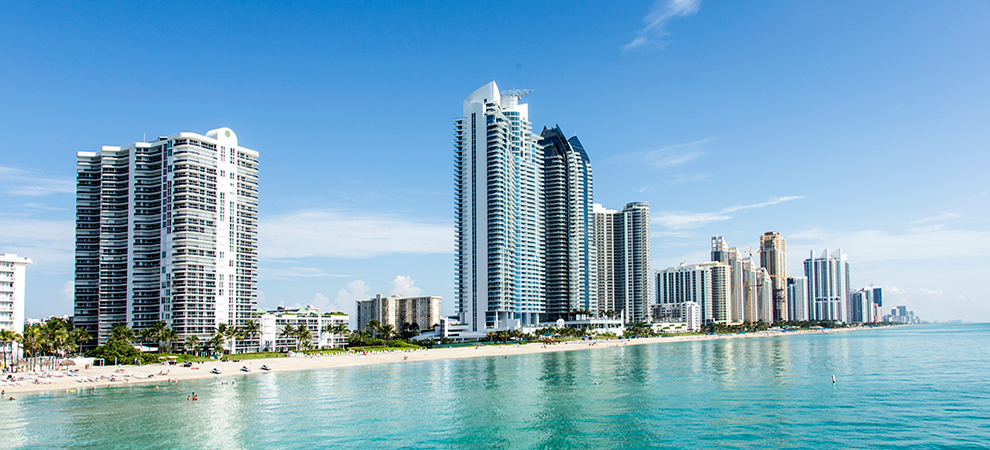Explore the Financial Aspects of HOA Condo Living
Explore the Financial Aspects of HOA Condo Living
Blog Article
The Role of an HOA in Developing and Enforcing Area Standards for Homeowners
The role of a Homeowners Organization (HOA) in implementing and developing neighborhood standards is essential to preserving a cohesive and orderly property atmosphere. By formulating clear policies that regulate aspects such as residential property upkeep and community conduct, the HOA not just sets requirements for citizens however likewise promotes a sense of belonging and liability.
Recognizing Homeowners Associations
Homeowners organizations (HOAs) work as regulating bodies for domestic communities, playing a critical duty in keeping building worths and fostering a feeling of area. Usually formed by designers, HOAs are composed of house owners within an assigned location who choose a board to look after the association's activities. The key features of an HOA consist of enforcing community regulations, managing common locations, and organizing neighborhood events.
HOAs run under a collection of regulating documents, including covenants, constraints, and problems (CC&R s), which lay out the rights and responsibilities of homeowners. These regulations aim to ensure that residential or commercial properties are preserved to a specific requirement, thereby safeguarding the aesthetic charm and total value of the area. Additionally, HOAs often accumulate charges from property owners to money maintenance, landscape design, and other social work.
The visibility of an HOA can significantly influence the living experience within a community (hoa condo). While some residents value the organized setting and services provided, others may discover specific policies restrictive. Stabilizing the rate of interests of all property owners is important for an HOA to operate effectively, guaranteeing that it offers its intended objective of boosting neighborhood living while appreciating specific homeowner rights
Establishing Community Guidelines

To start, an HOA should conduct studies or hold meetings that permit residents to articulate their tips and problems. This participatory procedure promotes a feeling of ownership and enhances compliance. Next, the HOA board must examine the responses to identify typical motifs and concerns that necessitate official incorporation in the guidelines.
It is also important to make certain that the standards are clear, concise, and easily comprehended. Uncertainties can cause misunderstandings and problems, threatening the purpose of the standards. Furthermore, the standards need to be extensive, covering numerous aspects of neighborhood living, consisting of residential or commercial property maintenance, noise degrees, and usage of usual locations.
Enforcement of Policies
Effective enforcement of neighborhood rules is critical for preserving order and guaranteeing that all homeowners stick to the developed guidelines. An HOA has to implement a structured technique to enforce these guidelines, which frequently entails a combination of tracking, over at this website interaction, and penalties for non-compliance.
First, normal inspections and area patrols can help determine offenses, guaranteeing that policies are constantly applied throughout the area. This proactive tracking permits the HOA to address problems prior to they rise, promoting a feeling of accountability among homeowners.
Second, clear communication is necessary. Homeowners ought to be informed of the policies and the treatments for reporting offenses. An open line of communication encourages locals to voice worries and look for explanation on standards, which can improve compliance.

Last but not least, when offenses take place, the HOA needs to implement repercussions as laid out in the governing records. This might consist of alerting letters, penalties, or, in serious cases, lawsuit. It is very important that penalties are used rather and continually to keep depend on within the neighborhood. By efficiently enforcing rules, an HOA can grow an unified living atmosphere that reflects the cumulative worths of its locals.
Benefits of HOA Rules
Various advantages arise from the execution of HOA policies, which serve to enhance the high quality of life within a community. One key advantage is the upkeep of home values. By implementing standards for visual appeals and maintenance, HOAs ensure that homes and usual areas stay attractive, fostering a preferable living atmosphere that can bring about increased property values with time.
Furthermore, HOA laws promote uniformity and harmony within the community. This coherence in layout and maintenance helps to produce a feeling of belonging amongst locals, adding to Read More Here area pride and a positive environment. Furthermore, developed guidelines help with problem resolution amongst neighbors by offering clear assumptions and methods for actions, therefore reducing conflicts.
Another significant benefit is the provision of shared amenities and services. Numerous HOAs handle neighborhood facilities such as parks, pools, and clubhouses, which boost entertainment possibilities for homeowners. These facilities not only boost the quality of life but additionally urge social communication.
Eventually, the guidelines stated by an HOA cultivate an efficient, unified neighborhood, making sure that citizens take pleasure helpful resources in a high requirement of living while fostering an encouraging setting for all homeowners.
Usual Difficulties Dealt With by HOAs
Amidst the advantages that house owners associations (HOAs) can provide, they additionally run into a range of difficulties that can hinder their performance. One considerable issue is the absence of resident interaction. Many home owners may not join conferences or neighborhood tasks, causing a disconnect in between the HOA board and locals. This disengagement can result in misconceptions about area guidelines and an absence of support for enforcement initiatives.
Conflicts can develop when homeowners feel that enforcement is inconsistent or biased, potentially leading to disputes within the neighborhood. Furthermore, HOAs commonly face financial restrictions, which can limit their capability to preserve typical locations or fund neighborhood jobs.
Moreover, browsing legal intricacies can be daunting for HOAs. Transforming demographics and developing area needs require HOAs to adjust their guidelines, usually meeting resistance from long-lasting residents that are accustomed to traditional norms.
Verdict

By developing clear rules that govern elements such as residential or commercial property maintenance and area conduct, the HOA not only sets requirements for citizens yet also fosters a sense of belonging and liability.Homeowners organizations (HOAs) serve as governing bodies for domestic neighborhoods, playing a crucial role in preserving home worths and cultivating a sense of community. Numerous house owners may not get involved in meetings or neighborhood activities, leading to a separate between the HOA board and residents. Progressing and altering demographics neighborhood needs need HOAs to adapt their guidelines, typically fulfilling resistance from long-standing citizens that are accustomed to traditional standards. Via the growth of clear laws and regular enforcement, HOAs promote residential property upkeep, neighborhood pride, and trust amongst homeowners.
Report this page